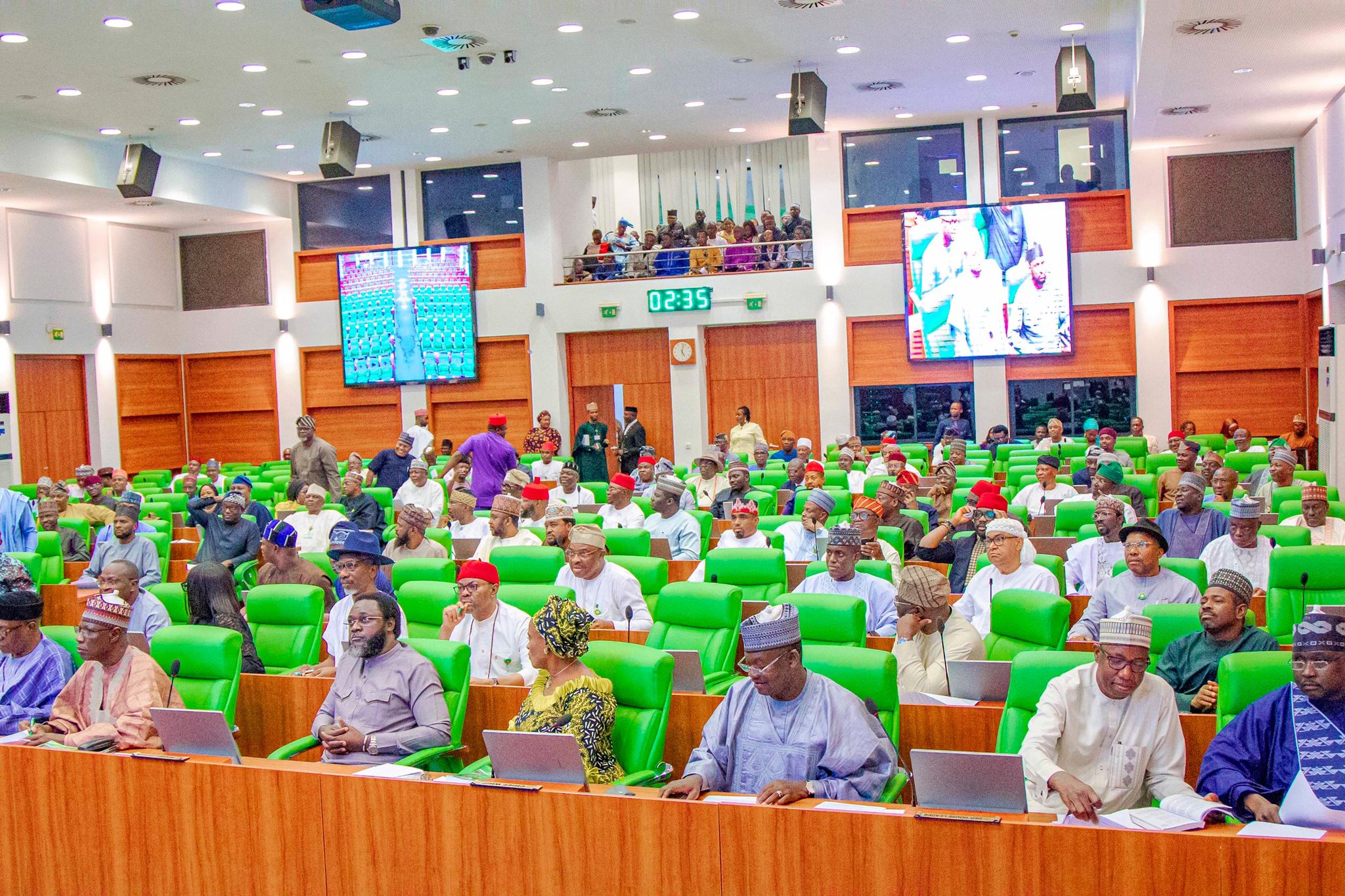A controversial new bill has been introduced in the House of Representatives that seeks to ban public and civil servants—along with their family members—from patronising private schools and healthcare facilities in Nigeria.
The proposed law, titled the “Private Institutions and Health Care Service Providers (Prohibition) Bill, 2025,” passed first reading on Tuesday and is sponsored by Hon. Amobi Godwin Ogah (PDP, Isuikwuato/Umunneochi Federal Constituency, Abia State).
Speaking at a post-plenary press briefing, Ogah described the bill as “a turning point in the history of our nation,” arguing that it would restore public trust and improve the quality of public education and healthcare by forcing public officials to experience the same systems they manage.
“This Bill intends to prohibit all public and civil servants, including their immediate family members, from patronizing private schools and healthcare services,” Ogah said.
“The goal is to eliminate conflict of interest, promote transparency, and ensure high standards in our public institutions.”
“Our leaders don’t use what they build” — Ogah
Citing historical examples, Ogah referenced Nigeria’s founding fathers—Nnamdi Azikiwe, Ahmadu Bello, Obafemi Awolowo, and Tafawa Balewa—who were all educated in public or mission schools. He contrasted that era with the current reality, where government elites opt for private and foreign services, leaving public institutions to rot.
“It’s shameful that our presidents and top officials fly abroad for medical treatment—and some never return alive,” he added.
A Financial Black Hole
The lawmaker decried what he called “medical and educational tourism,” noting that while over ₦1.3 trillion was allocated to healthcare in the 2024 budget, Nigerians spent more than $1 billion annually on foreign treatment.
He also revealed that:
-
$38.17 million was spent on foreign education in Q1 2024 alone.
-
$218.87 million was spent in 2023.
-
During Buhari’s presidency, over $29.29 billion was spent on medical tourism.
“If we’ve removed petrol subsidies, it’s time to remove this elitist subsidy too. Public servants must use the systems they govern.”
National Pride or Unrealistic Mandate?
Ogah argued that the bill would force improvement in public schools and hospitals, improve oversight, and end the cycle of underinvestment.
“This is how we build national pride and accountability. The solution is not to run abroad but to fix what we have,” he said.
He called on citizens and the media to support the bill, launching the hashtag:
#PromoteOurSchoolsAndHealthcareServices




